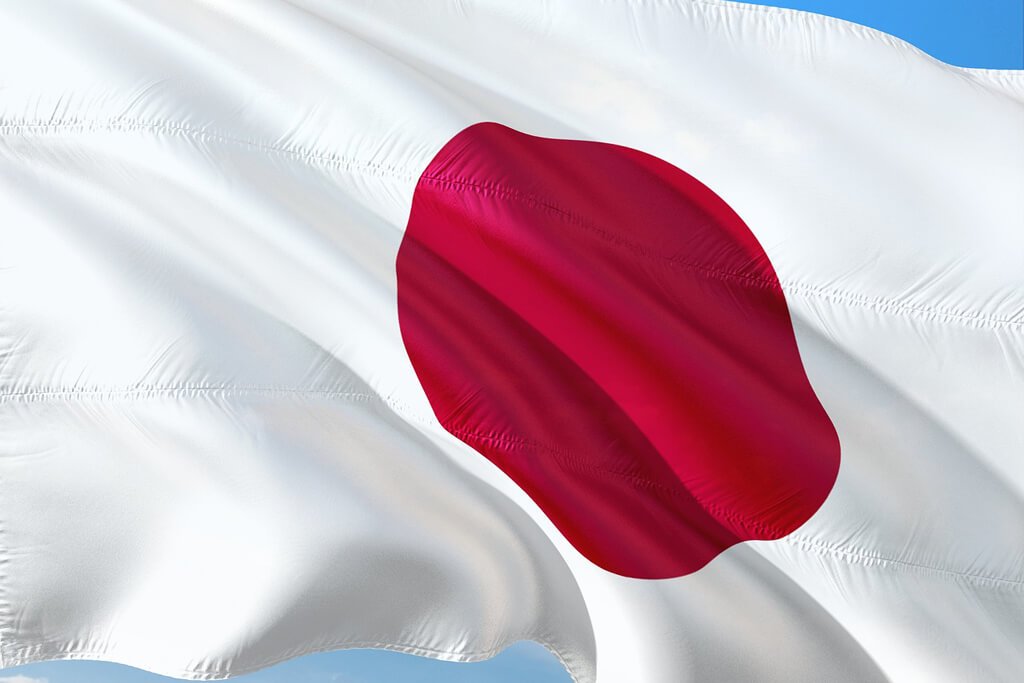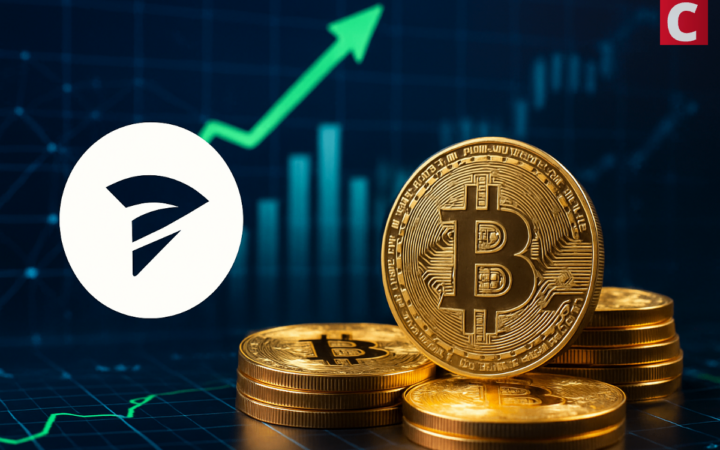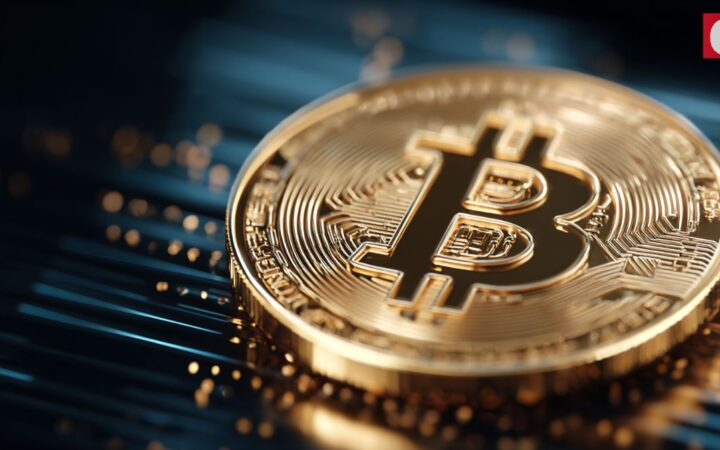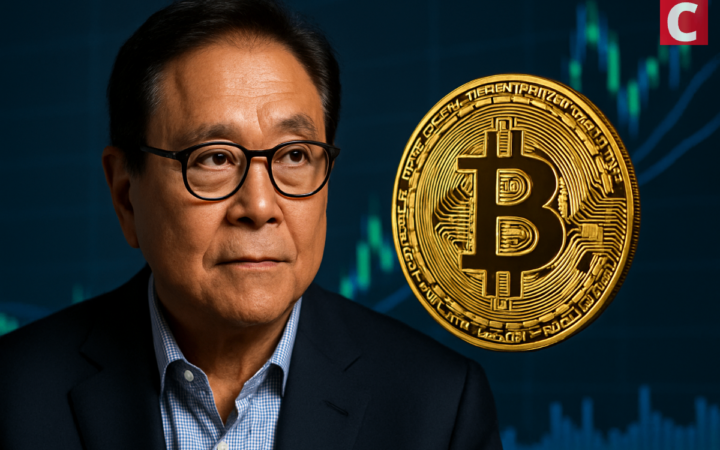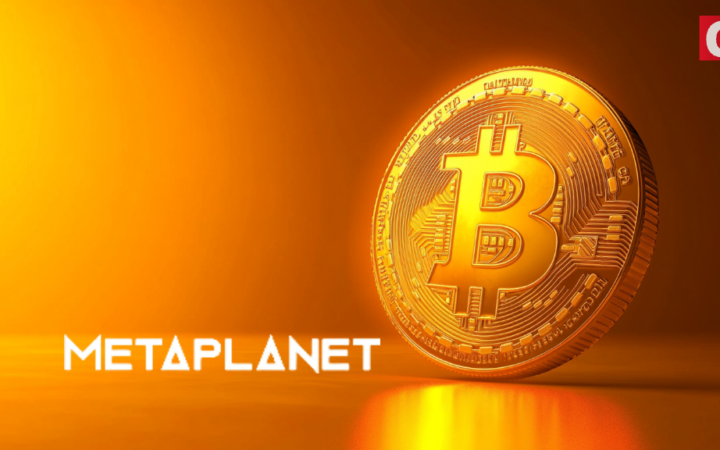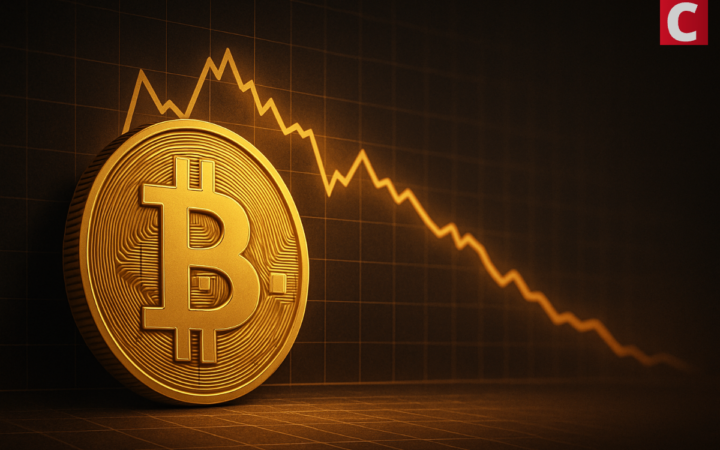Being the main author of TheBlogIsMine news portal in the past, Anastasia has significant experience in observing such fields as tech and business. Now she wants to explore a new area – FinTech. Passionate researcher on technology topics eager to know about what's shaping the future – and how to respond.
The Financial Services Agency (FSA) will investigate whether digital currency exchanges which take place in Japan have appropriate internal systems, including those which are used to protect customer assets. Thus, all digital currency exchanges operating in the country are now required to register with authorities by the end of September. Officials also mentioned that the agency is likely to conduct on-site inspections if deemed necessary.
The decision of the Japanese authorities was dictated by the growing number of crimes such as fraud and money laundering caused by innovative services thanks to their low settlement and remittance costs. During the first seven months of the current year there’ve been recorded over 30 cryptocurrency-based frauds representing more than a half of million dollars-worth of loses, reported in the first seven months of 2017.
Digital currencies can be sold and bought on exchanges run by private companies. According to recent reports, there are more over 20 exchanges in the country. “We pursue both market fostering and regulation enforcement,” an FSA executive explained. “We aim for sound market development.”
Last month, the Japanese financial watchdog created a 30-strong surveillance team which includes agency and local finance bureau officials with outstanding expertise related to the matter. The specialists is tasked to examine whether virtual currency exchanges manage customer assets independently from their own ones and to find out whether they have correspondent risk management measures in place, including capabilities to fight cyberattacks.
Following the Chinese authorities’ decision to impose ban on bitcoin trading in that countryJapan has soon become the largest bitcoin exchange market in the world. That’s became possible due to the implemented in April, 2017 law which recognited Bitcoin as a mainstream currency and categorized the cryptocurrency as a legal payment option within the country. The next day Bitcoin price rose up to $1,136.
Just as Japan recognized bitcoin as a legal method of payment, two of the country’s biggest retailers, Bic Camera and Recruit Lifestyle, entered partnerships with bitcoin exchanges to start accepting the cryptocurrency. The bitcoin usage in Japan is expected to reach $9 billion in the next three years (2020), which is more than five times the 2015’s $1.7 billion worth of cryptocurrencies in circulation.
Two weeks ago Japanese entertainment giant DMM Group with 27 million active members has announced that it will operate a large-scale cryptocurrency mining farm. The company plans to become one of the top three mining farm companies in the world. The company stated that: “DMM Mining Farm will operate a mass-scale, made-in-Japan quality, mining farm whose operating size will be unmatched by any of the domestic operators. In the future, DMM plans operation that ranks in top three of the world’s mining farm companies in terms of scale.”
“After completion of successful trials in October 2017, ‘DMM Pool’ will be released for world-wide use within the year 2017. During the year 2018, DMM will be one of the 10 largest mining farms in the world,” the company added.
Like GMO, the company will also offer “DMM Cloud Mining” for anyone to join. However, unlike GMO which gave details of its mining operations including the production of 7nm chips, DMM did not reveal any details about their mining chips.
